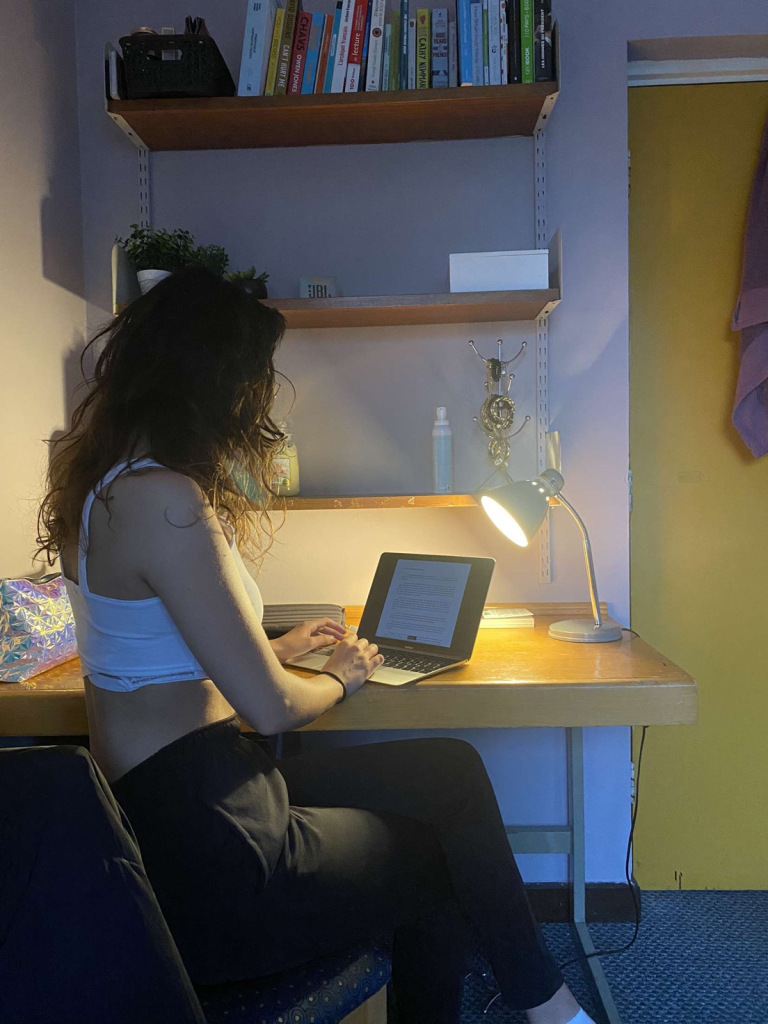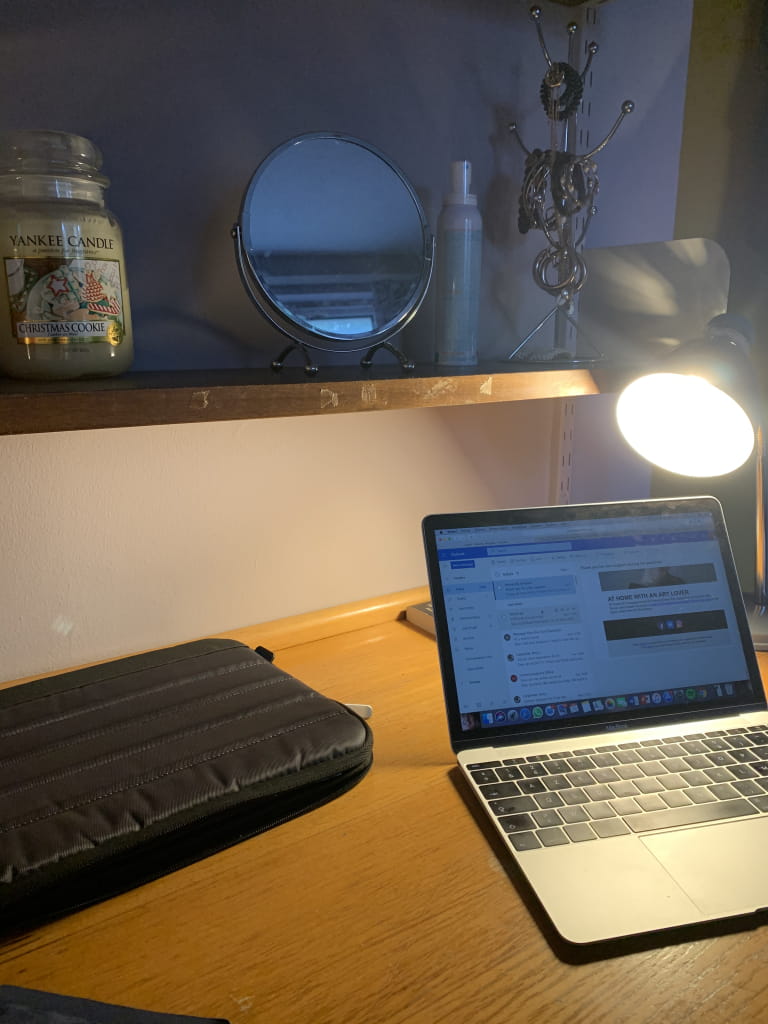The online learning experience has personally been very nice: I had only one module during summer term which consisted of two weekly Zoom classes, three essays and an oral presentation.

The teacher usually emailed the Zoom link the day before the class. Whilst one of my main concerns was about not being able to get in touch with him since there was no longer academic support hours, he was as approachable as he used to be during lectures; he was available by e-mails during office hours and very reactive when answering to any questions I had about the module. I don’t know about other courses, but the Department of Government seemed to have been very responsive and supportive.
Another fear I had was about was about the WiFi at home, as my broadband was very low during all the lockdown period. There were days where my laptop glitched and it was very difficult to understand everything on Zoom classes; but thanks to Moodle material it was quite easy to gather the missing information. Online classes were recorded, and the teacher put the lectures from the week before available on Moodle, so it was pretty similar to the Listen Again system.
I noticed it is easier to stay focus during Zoom classes when your camera is activated: when we know we are being observed, we automatically try to listen to the class as much as possible. It is also more respectful for the teacher to see who he is talking to.

One of my main pieces of advice for online learning would be whenever possible, not to study and sleep in the same room. I personally worked in the kitchen during lockdown, so it became a bit like my office; I knew I was only going there to study and unconsciously it made me more productive.
Studying at home may be quite hard because of the multiple temptations you encounter: TV, food, friends can come over etc. But despite that, it is important to have enough self-discipline to stay focussed without being distracted. Some phone apps may be very helpful; there are some with timers based on the Pomodoro method. I personally used the ‘Tree’ app a lot, as it helps you to stop touching your phone for a certain amount of time. If you succeed, a tree is planted in a virtual field. At the end of the day, if you have been productive, you can see a whole forest coming up on your screen.
Studying online also makes us gain more time (mainly because of not commuting) so we automatically have more spare time ahead of us. It is important to remind ourselves that our study material is available 24/7 available, and that we are still supposed to work and be productive. Writing down a to-do-list or a timetable may be useful when staying home, but goals have to be realistic and practically achievable. Times are hard for everyone and there is no point adding unnecessary stress about productivity – mental health comes first.


